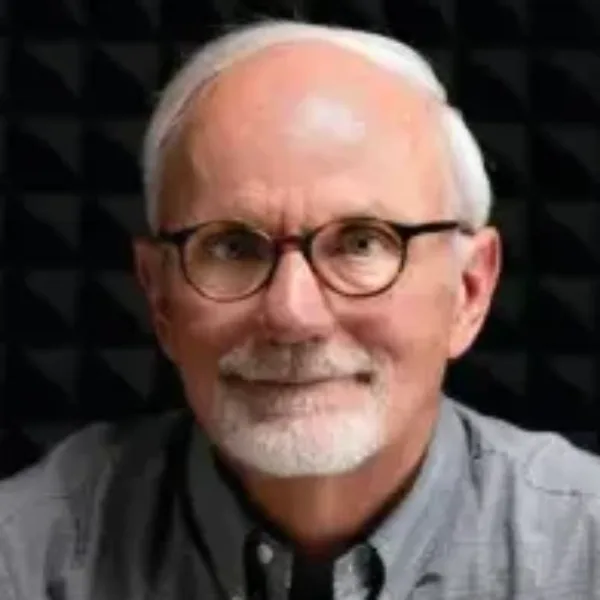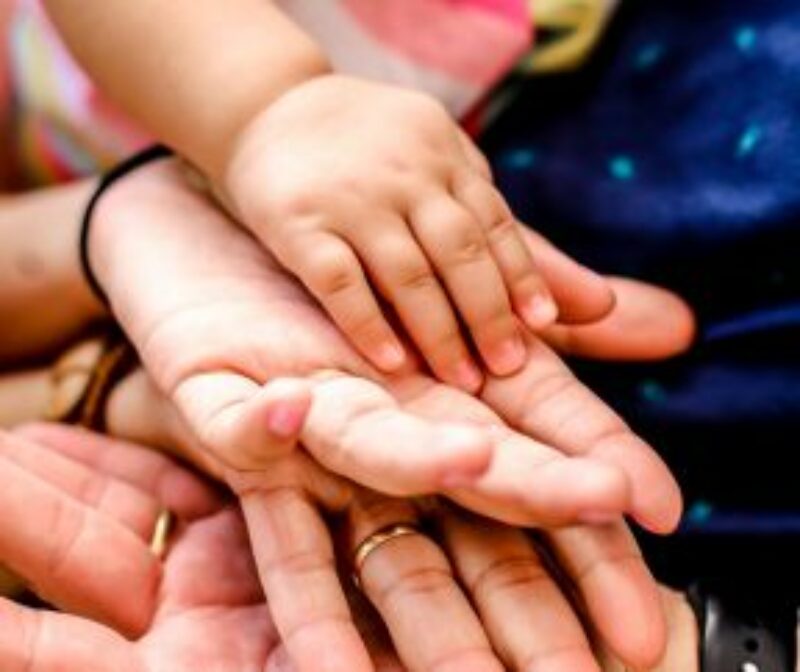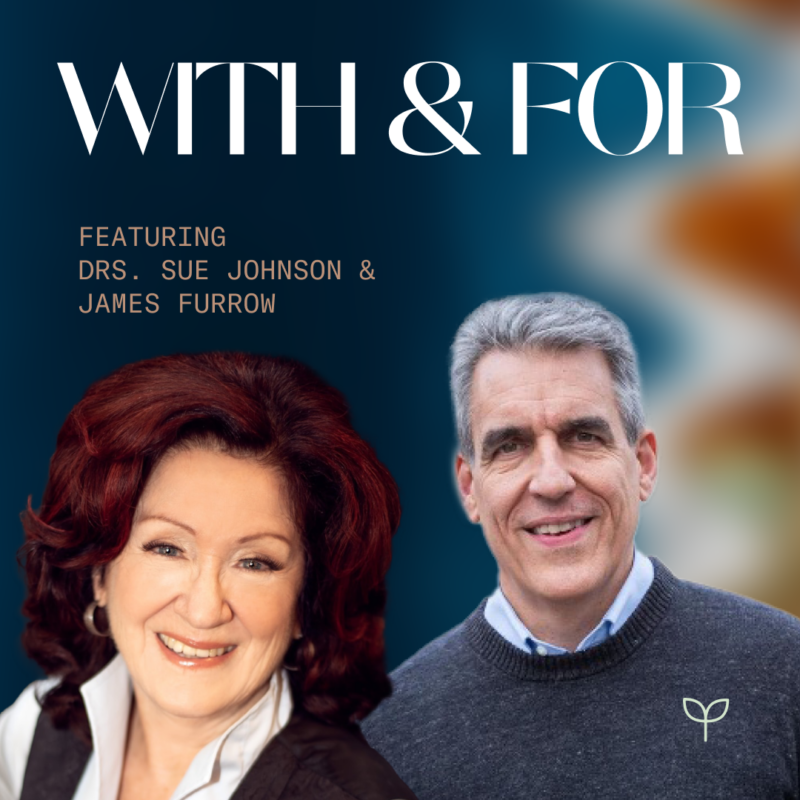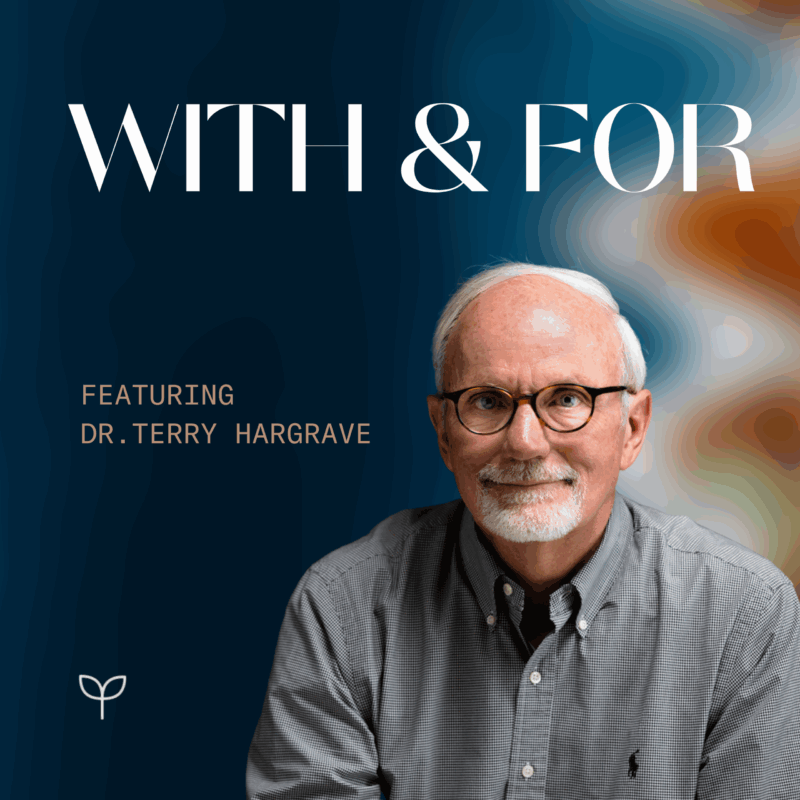 Terry Hargrave, Ph.D. LMFT
Terry Hargrave, Ph.D. LMFT
Terry Hargrave, Ph.D. is nationally recognized for his pioneering work with intergenerational families and is the founder of Restoration Therapy. Dr. Hargrave has authored over 35 professional articles and fifteen books including Restoration Therapy: Understanding and Guiding Healing in Marriage and Family Therapy (co-authored with Franz Pfitzer) and Advances and Techniques in Restoration Therapy (co-authored with Nicole Zasowski and Miyoung Yoon Hammer). Dr. Hargrave has presented nationally and internationally on the concepts and processes of family and marriage restoration, intergenerational families, reconciliation and aging. His work has been featured on ABC News 20/20, Good Morning America and CBS This Morning as well as several national magazines and newspapers. He has been selected as a national conference plenary speaker and as a Master’s Series Therapist by the American Association for Marriage and Family Therapy. Dr. Hargrave was selected as the 2022 C. Davis Weyerhaeuser Faculty Award recipient for outstanding faculty member at Fuller Theological Seminary. Dr. Hargrave is currently the Evelyn and Frank Freed Professor of Marriage and Family Therapy at Fuller Seminary in Pasadena, California and is president and in practice at Amarillo Family Institute, Inc.
Episode Summary
Romantic relationships are sacred, powerful, and life-giving. But I don’t have to tell you how difficult it is to love and let yourself be loved.
Marriage and family therapist Dr. Terry Hargrave has been helping couples in crisis restore broken relationships for decades, teaching them how to get unstuck, improve communication, and move beyond destructive coping mechanisms—to find reciprocity, self-affirming confidence, emotional regulation, and a joyful, lasting love.
In a world marked by loneliness, disconnection, and emotional dysregulation, Hargrave offers powerful insights on the human need for identity, safety, and belonging—and how we can heal the wounds that keep us stuck. Drawing on decades of therapeutic experience and deep personal reflection, Hargrave explains how coping mechanisms like blame, shame, control, and escape can damage relationships—and how the peace cycle of nurture, self-valuing, balanced give-and-take, and connection can restore wholeness. He discusses his unique approach to the healing and restorative power of relationships, which lifts us up to our potential, encouraging us toward a nurturing, self-valuing, non-controlling reciprocity, and true connection.
In this conversation with Terry Hargrave, we discuss:
- How to turn around a relationship in crisis and get off the emotional rollercoaster
- How to build security and trust in order to improve or repair a marriage or long-term relationship
- Coping mechanisms of blame, shame, control, and escape
- Practical steps to learn emotional self-regulation
- What to do when only one partner is working on a relationship
- The role of the brain and neuroplasticity in relational repair
- And the spiritual underpinnings of Terry’s approach to restoration therapy
Episode Highlights
“It don’t mean a thing if you ain’t got that swing—until you claim your belovedness for yourself, nothing will change.”
- “Relationships are a mirror—we discover who we are through how others see us.”
- “Blame, shame, control, and escape—nothing good comes from these coping mechanisms.”
- “Understanding doesn’t produce change. Doing produces change.”
- “When we nurture, self-value, connect, and cooperate, unleashed joy happens.”
- “Thriving is doing more of your best self, not learning something new.”
Helpful Links and Resources
Show Notes
- Introduction to Terry Hargrave and the importance of Restoration Therapy today
- "We are still the same humans, but with a bigger pipe of problems and fewer emotional connections."
- Emotional dysregulation linked to identity and safety threats
- Relationships as a mirror to the self and necessary for human thriving
- "For there to be a me, there has to be a thou."
- Why relationships are difficult: imperfection, wounding, and unmet needs
- How family of origin wounds influence coping styles
- "Families don't mean to screw each other up, but somehow they manage to."
- Introduction of the four major unhealthy coping mechanisms: blame, shame, control, and escape
- How overachievement, perfectionism, and withdrawal are survival strategies from early wounding
- "Your greatest strength might actually be an old coping habit getting in the way of intimacy."
- The relational signs that coping mechanisms are damaging relationships
- Healing through self-regulation: speaking truth to yourself with love
- "Put your hand on your heart and remind yourself of who you really are."
- The difference between co-regulation and self-regulation in emotional healing
- Restoration Therapy’s peace cycle: nurture, self-value, balance, connection
- "Nothing good comes from blame, shame, control, or escape."
- The role of practice and neuroplasticity in forming new relational habits
- "Doing, not just understanding, is what rewires the brain."
- How thriving relationships move from neediness to adventurous partnership
- Intimacy as knowing yourself more fully through connection, not just need satisfaction
- Cooperative growth and mutual flourishing as hallmarks of thriving
- Application of restoration principles to broader societal healing and reconciliation
- "Unleashed joy happens when we choose nurture and connection, even with adversaries."
- The critical role of faith in affirming belovedness and ultimate identity
- "Everyone else and even God can tell you you're beloved—but you have to claim it for yourself."
- Practical advice for knowing when to seek therapy
- Where to find Restoration Therapy-trained therapists
- Resources for learning more: Mindful Marriage and other Restoration Therapy books
- The key takeaways that I will carry with me from this conversation are the following:
- You can change. Your relationship can change. But it takes a daily practice of hard work to create lasting change.
- And though you might fail, there is hope that you can begin again.
- Our coping mechanisms are not superpowers. They hurt us and the people we love.
- Understanding is not enough. Action and behavior has to follow for change to occur.
- [Any others?] It takes two to tango, but that doesn’t get you off the hook from doing the work on yourself.
- And finally, a thriving relationship creates joy all around it, within a family, in a community, and it shows how personal relationships can change society.
About the Thrive Center
- Learn more at thethrivecenter.org.
- Follow us on Instagram @thrivecenter
- Follow us on X @thrivecenter
- Follow us on LinkedIn @thethrivecenter
About Dr. Pam King
Dr. Pam King is Executive Director the Thrive Center and is Peter L. Benson Professor of Applied Developmental Science at Fuller School of Psychology & Marriage and Family Therapy. Follow her @drpamking.About With & For
- Host: Pam King
- Senior Director and Producer: Jill Westbrook
- Operations Manager: Lauren Kim
- Social Media Graphic Designer: Wren Juergensen
- Consulting Producer: Evan Rosa
Explore More

Facet
Relationships & Community
Connections provide a space of belonging where we can be fully known to ourselves and others and learn to give and receive love.

The Science of Relationships: Healing, Emotion, & Connection with Drs. Sue Johnson & Jim Furrow
We’re made for relationships. It’s knit into our DNA, knit into our purpose. But relationships are a kaleidoscope of emotions. And psychologists Sue Johnson & Jim Furrow are helping us understand more about the science of relationships, the role that emotions play in healing conflict, and how our human connectedness impacts human thriving.

